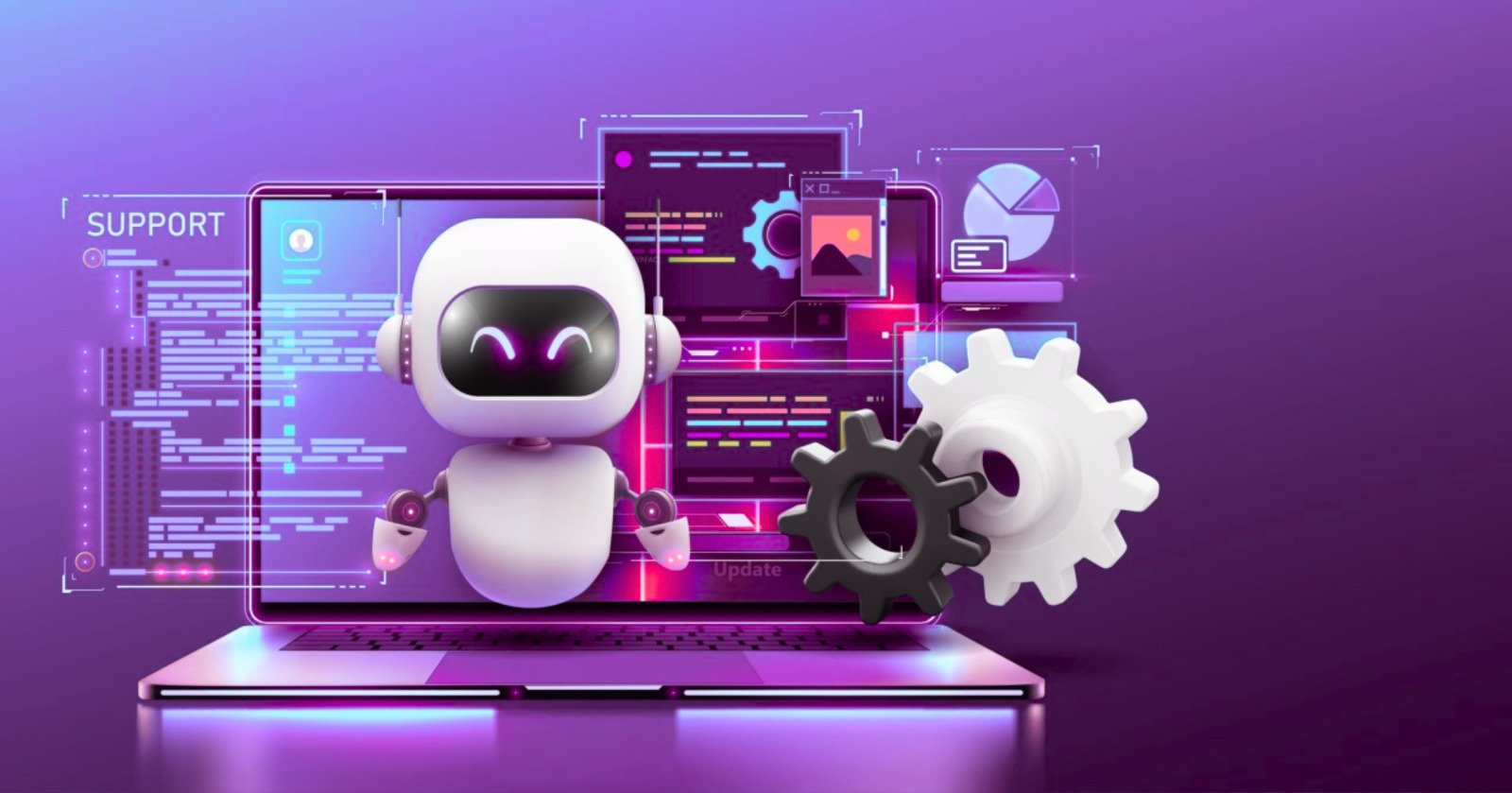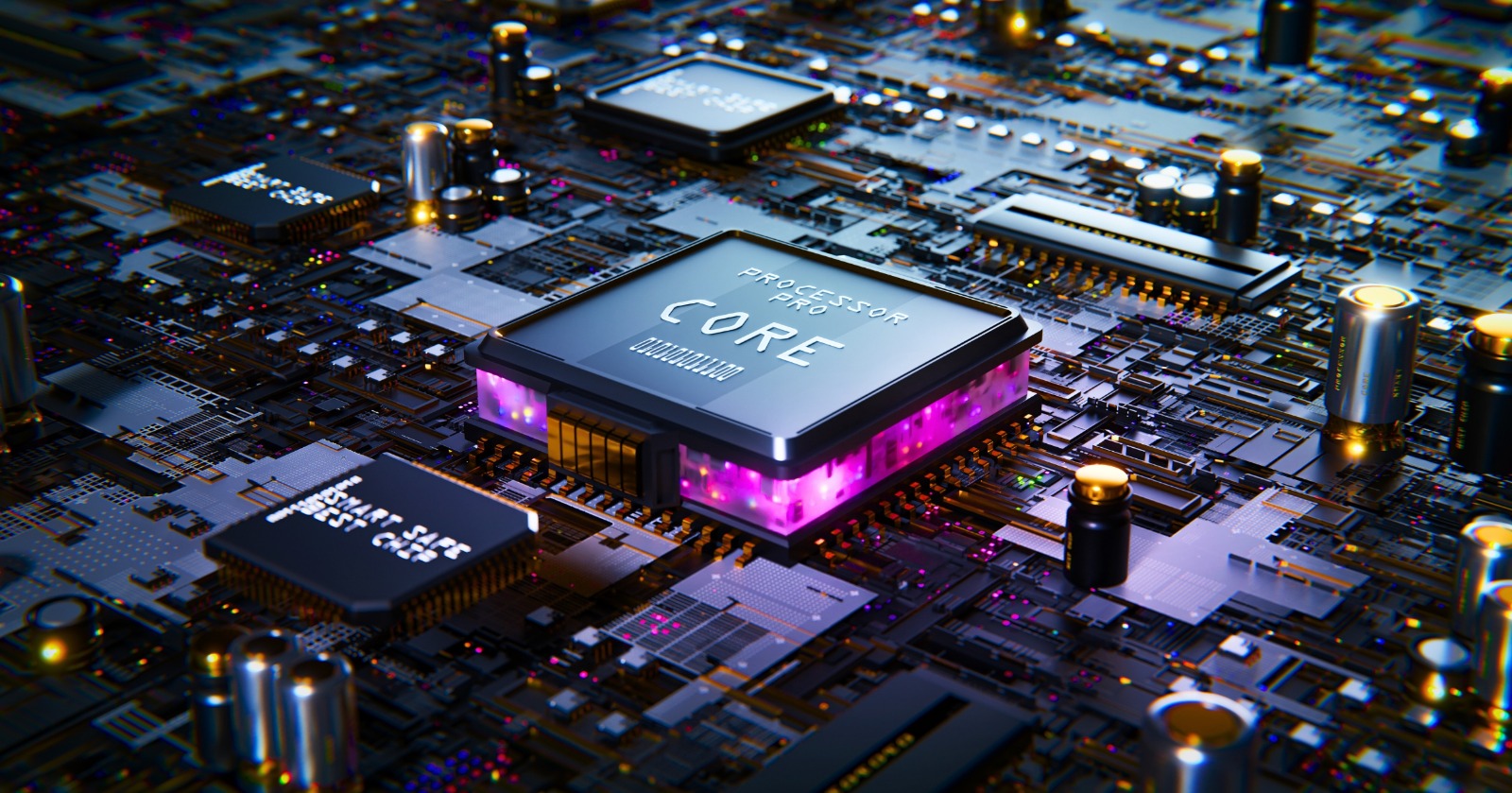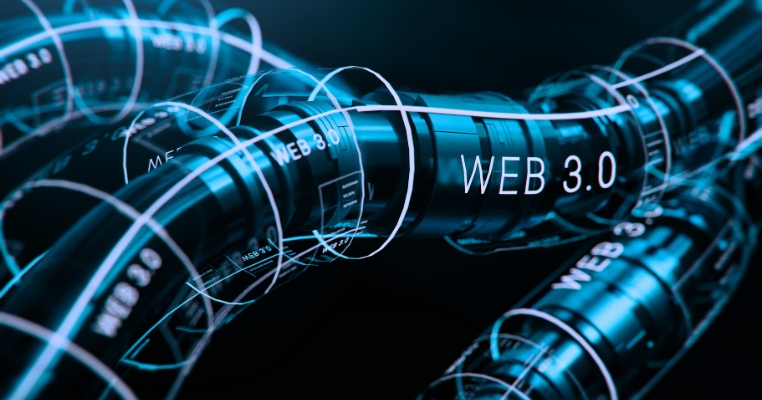A slow and unresponsive VPS can frustrate your users and negatively impact your business. Optimizing VPS performance is essential to ensure smooth operation and enhance your website’s speed, reliability, and overall user experience. This guide provides you with practical tips to optimize VPS performance, addressing hardware, software, network optimization, and more.
1. Regular Maintenance for VPS Performance Optimization
To keep your VPS running at its best, regular maintenance is crucial. Here are some key practices:
- Update Your Operating System and Software: Keep your system updated to avoid security vulnerabilities and performance issues.
- Monitor Resource Usage: Use performance monitoring tools to identify and address any bottlenecks related to CPU, RAM, or disk usage.
- Clean Up Temporary Files and Unused Software: Periodically delete unnecessary files and remove software that’s no longer in use to improve VPS efficiency.
- Backup Your Data: Ensure that regular backups are performed to safeguard against data loss and reduce downtime.
2. Hardware Optimization for VPS Efficiency
VPS performance optimization also involves hardware upgrades:
- Upgrade Your VPS Hardware: If your VPS is outgrowing its current resources, consider upgrading CPU, RAM, or storage to accommodate growing needs.
- Use SSDs for Faster Storage: Solid-state drives (SSDs) are faster than traditional hard drives and can significantly improve VPS speed.
- Monitor CPU and RAM Usage: Regularly track your system’s resource consumption and scale your VPS resources as needed to increase VPS efficiency.
3. Software Optimization for Faster VPS Speed
The software you use on your VPS can have a major impact on its performance. Here’s how you can optimize it:
- Choose Lightweight and Efficient Software: Opt for software that is optimized for performance and uses minimal resources.
- Optimize Website Code: Clean up your website’s code by removing unused or unnecessary scripts to reduce the load on your VPS.
- Use a Content Delivery Network (CDN): CDNs help reduce server load and improve website speed, enhancing VPS performance.
- Regularly Monitor Performance: Keep an eye on server performance metrics and make adjustments to optimize VPS speed.
4. Network Optimization for Enhanced VPS Performance
To fully optimize your VPS, ensure your network is up to par:
- Ensure High-Speed Network Connectivity: Make sure your VPS is connected to a reliable, high-speed network with low latency.
- Consider Using a Load Balancer: A load balancer helps distribute traffic evenly across multiple servers, preventing any single server from becoming overwhelmed.
- Optimize Network Settings: Adjust your network settings to ensure maximum throughput and reduce latency for faster performance.
Need Help Choosing the Best VPS for Your Business?
At WebAiry, we specialize in providing high-performance VPS hosting solutions tailored to your specific needs. Contact us for a free consultation to help you choose the right VPS plan that optimizes performance for your business.
Wrap-Up: Ensuring Optimal VPS Performance
By following these tips, you can easily optimize your VPS performance and ensure a seamless, reliable experience for your users. Regular maintenance, resource scaling, and monitoring are essential to maintain a fast and responsive VPS. Whether it’s upgrading hardware, optimizing software, or improving network settings, taking action now will help avoid future performance issues and improve VPS speed.




